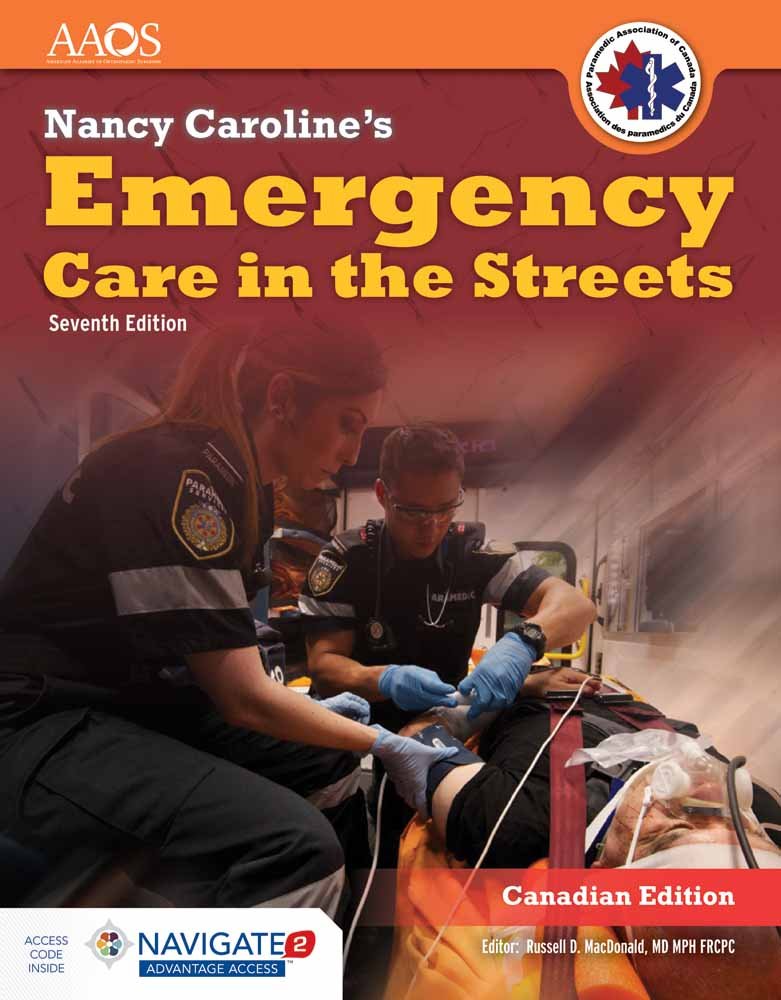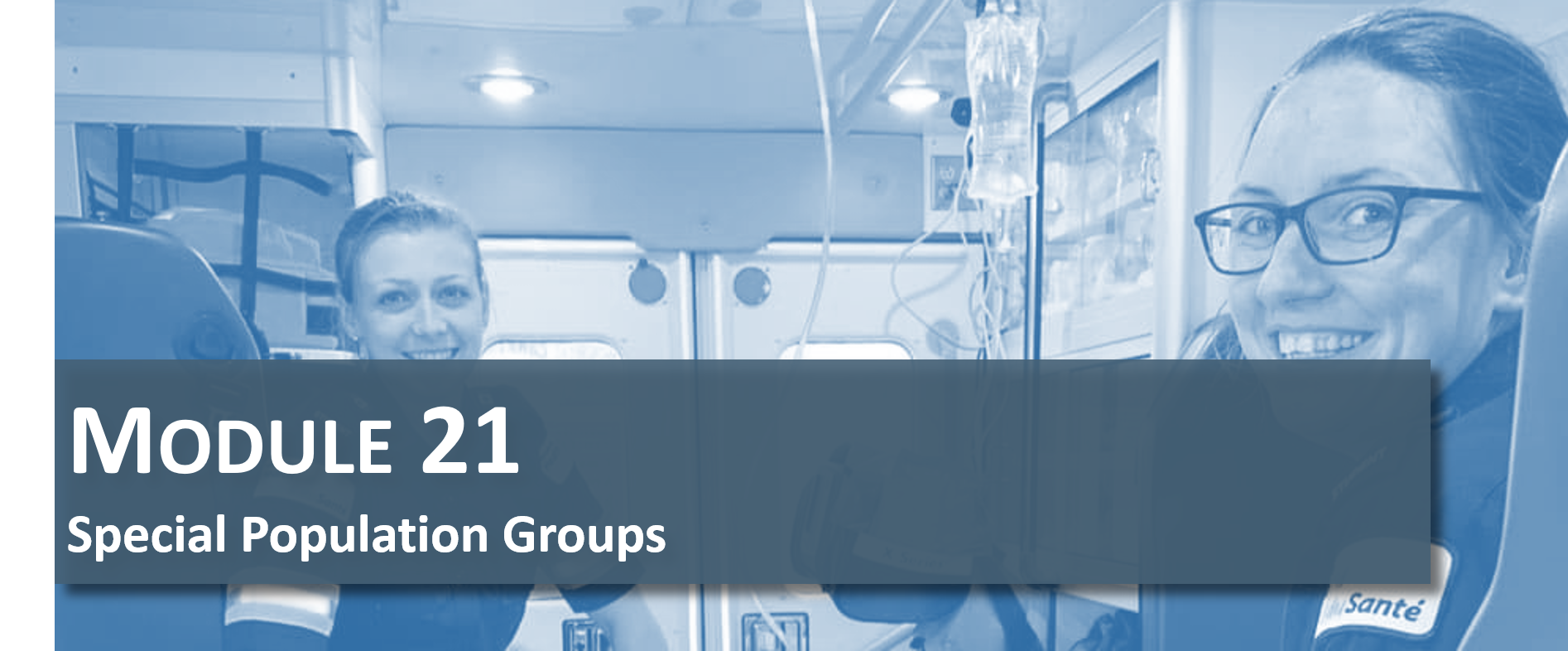Text and media area: 1URL: 1
Nancy Caroline's Emergency Care in the Streets
 Please note that these links require your Advantage Access profile through the Jones and Bartlett Navigate page. If you have not set this up yet please refer to the document on redeeming your access codes in the program resource section.
Please note that these links require your Advantage Access profile through the Jones and Bartlett Navigate page. If you have not set this up yet please refer to the document on redeeming your access codes in the program resource section.
If you are logged into the Jones and Bartlett website the below links will allow you to access the specific chapters. If you are not logged in please click this link to open your specific ebook.
Login | Jones & Bartlett Learning (jblearning.com)

